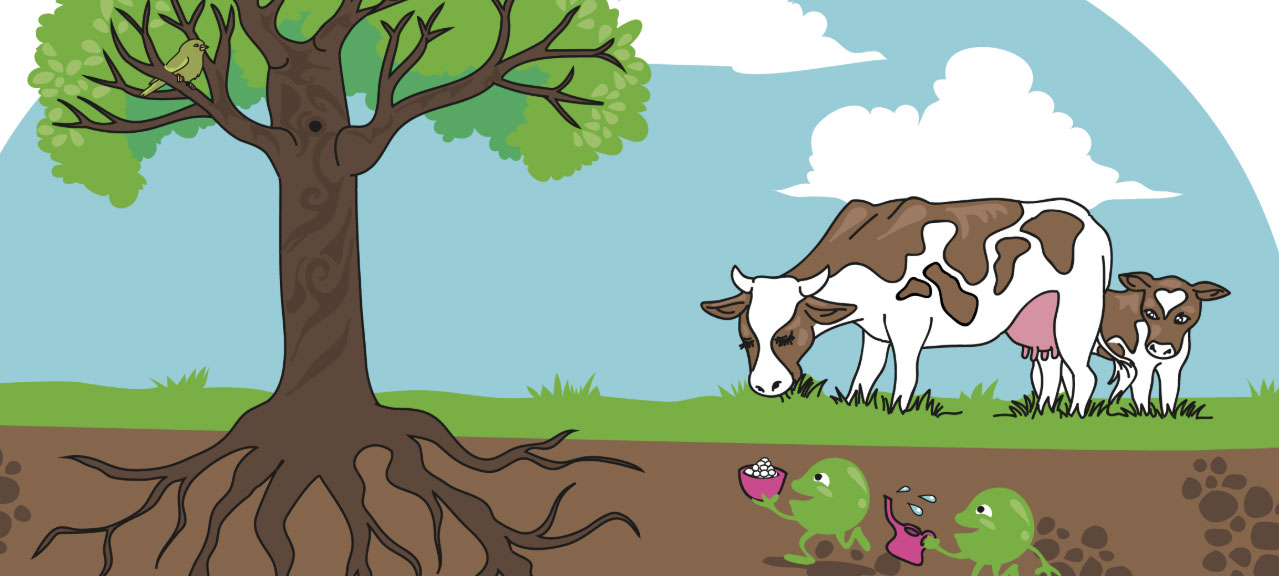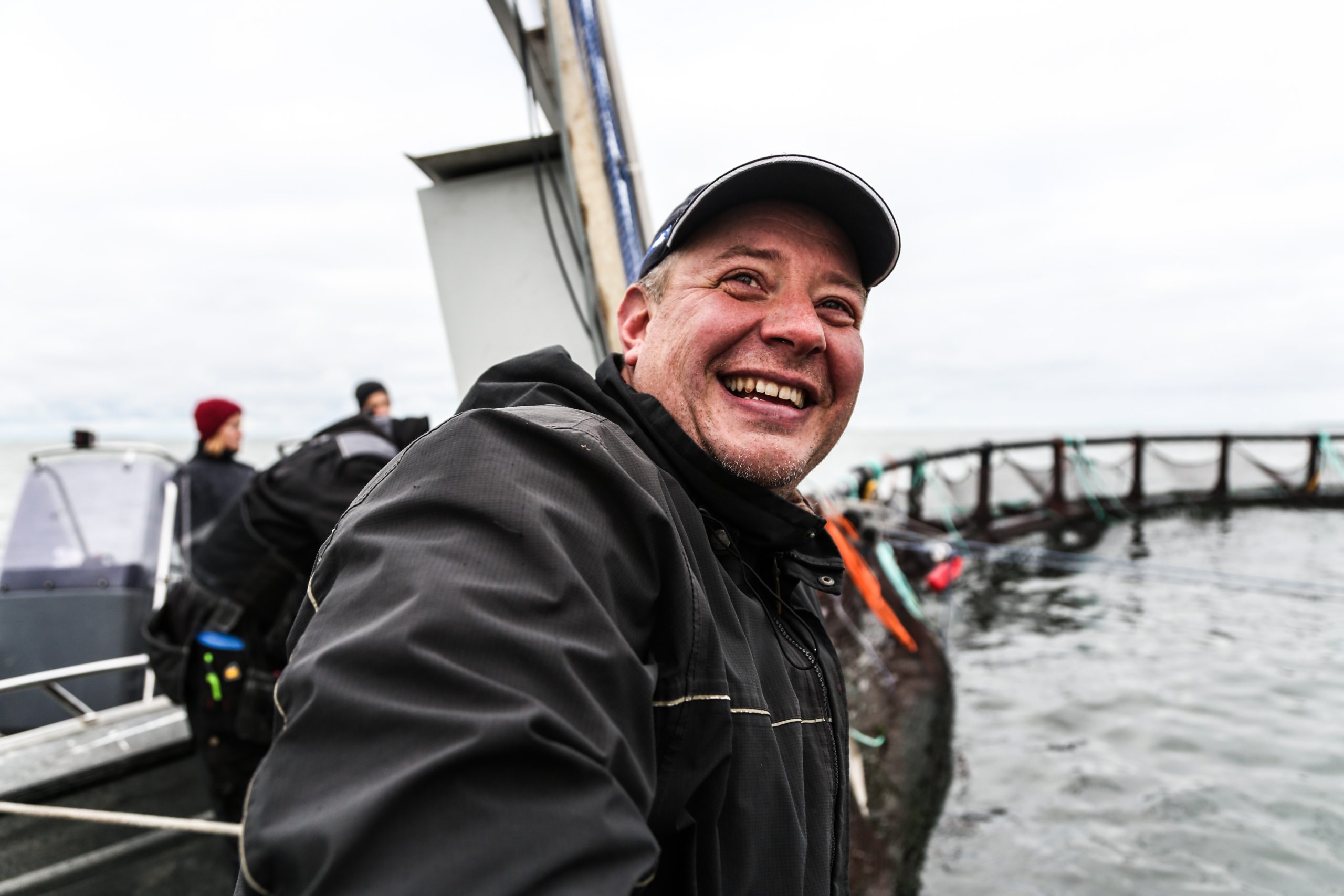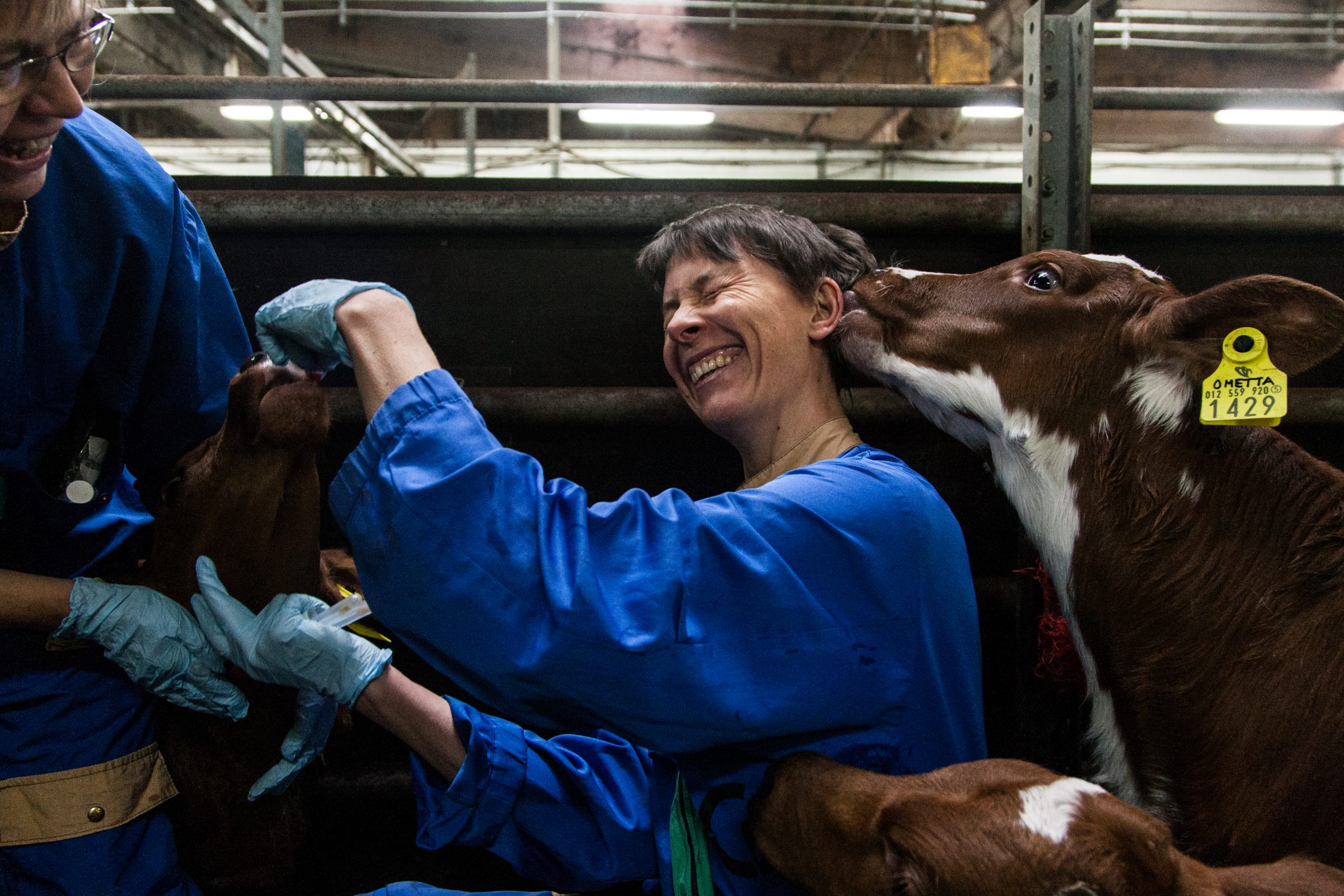A healthy soil is essential for the growth of the plants in any ecosystem including manmade forests and farming food. The key challenges in our future like biodiversity, climatic changes, sustainable food production and forestry, invasions of pests and pathogens and the renewable resources for bioeconomics are intimately bound with the advancement in understanding soil and its microbial ecology.
There is a need to take a much deeper look into soil: the invisible world of soil microbes is the best indicator of functional soil and full of opportunities waiting to be tapped into. Luke studies these opportunities in agricultural, forest, tundra, and peatland soils.
The soil is a home to massive microbe ecosystems, whose diverse benefits to other life forms are increasingly on our research agenda. It is already known that microbes affect plant growth and health. In one of our research approaches, we study, for example, how symbiotic fungi of forest trees help the nurseries produce healthy and well growing saplings, improving the cost-efficiency of nurseries, and how controlling microbiomes circulations could improve food production.
Microbes could also be an important part of the solution to mitigating climate change. They are involved in all the three major greenhouse gas production and consumption processes: carbon dioxide, di-nitrous oxide and methane. All these gaseous fluxes are the outcome of the important ecosystem service provided by soil microbes, namely the decomposition of dead organic matter of plant and animal origin. In connection Luke also studies how microbes can help to store more carbon in soil, and, thus help solving the challenge of global warming.
In addition to microbes, Luke is also involved in many other types of soil research. One example are micronutrients, that are essential to plant growth but also improve the quality of food. Regardless of the climate in respective area, soil often lacks these important micronutrients. Analysing the micronutrient levels and creating fertilizing plans accordingly is of essence. Our expertise and work in international research projects have helped build local capacity particularly in developing countries and, thus, improve the food security in those areas.



